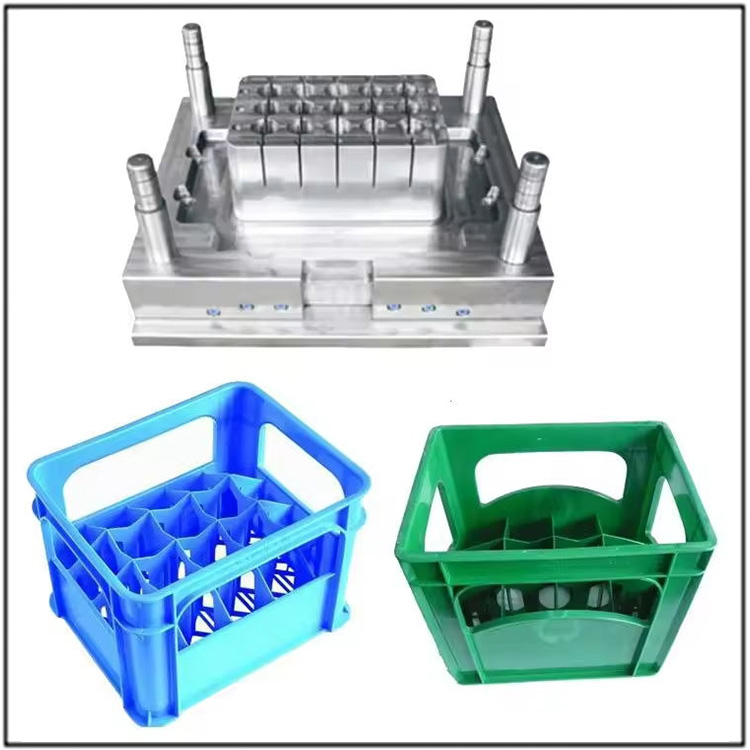
How to Achieve Antibacterial Performance in Injection Molded Products?
In daily life, plastic products are everywhere, from everyday tableware to medical supplies, injection molded products have been integrated into every aspect of life. Nowadays, people are paying more and more attention to health, and the antibacterial performance of injection molded products is also highly concerned. So, how can injection molded products achieve antibacterial performance?
Adding antibacterial agents is the most commonly used method. Antibacterial agents are like injecting "antibacterial guards" into plastics, which can effectively inhibit bacterial growth. Inorganic antibacterial agents have high stability and good safety, with silver ion antibacterial agents being a typical representative. They can achieve antibacterial effects by destroying bacterial cell membranes and enzyme systems inside cells, and have strong heat resistance, making them suitable for high-temperature processing environments in injection molding. Organic antibacterial agents have fast antibacterial speed and wide antibacterial spectrum, while quaternary ammonium salt antibacterial agents can quickly bind with negative charges on the surface of bacteria, inhibiting their physiological activities. When selecting antibacterial agents, factors such as the type of plastic, the product's usage environment, and processing technology should be comprehensively considered to ensure that the antibacterial agent can be well compatible with the plastic and play a stable role in the injection molding process.
Using antibacterial masterbatch is also a good choice. Antibacterial masterbatch is a concentrated granule made by special processing of antibacterial agents and carrier resins. When injection molding, mixing antibacterial masterbatch with ordinary plastic particles in a certain proportion can make plastic products have antibacterial properties. This method is easy to operate and can ensure that the antibacterial agent is evenly dispersed in the plastic, avoiding differences in antibacterial effect caused by uneven dispersion of the antibacterial agent.
For example, adding an appropriate amount of antibacterial masterbatch during the production of plastic food packaging can effectively prevent bacteria from breeding on the packaging surface and extend the shelf life of the food. Optimizing the injection molding process can also help improve antibacterial performance. Process parameters such as temperature, pressure, and time can affect the dispersion and antibacterial effect of antimicrobial agents in plastics. For example, an appropriate injection molding temperature can better integrate antibacterial agents with plastics, avoiding the decomposition and failure of antibacterial agents caused by high temperatures, or uneven dispersion of antibacterial agents caused by low temperatures. By precisely controlling these process parameters, antibacterial agents can maximize their effectiveness in plastic products.
To achieve antibacterial performance in injection molded products, it is necessary to start from multiple aspects such as the selection of antibacterial agents, the application of antibacterial masterbatch, and process optimization. With the continuous increase in people's demand for health, injection molded products with antibacterial properties have broad market prospects. Relevant enterprises may actively explore these methods to provide consumers with healthier and safer products.










